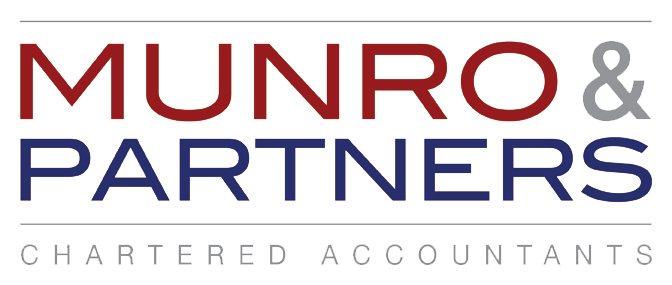From R&D to MTD, there are some topics you’ve probably heard a lot about from us.
That’s because we always aim to keep you up-to-date on information that’s relevant to your business, and on upcoming changes that could affect you.
At first glance, however, some of these terms can look like technical jargon, making it hard to get to grips with what they really mean.
So, to clear up any confusion, we’ve taken some of the terminology you might have seen on our blog or elsewhere and explained what it means – and why you should care.
Auto-enrolment
If you’re an employer, you’re probably familiar with this one already.
Under auto-enrolment, employers are required to enrol certain employees into a workplace pension scheme. This has helped bring almost 10 million workers into workplace pension saving since it was introduced in 2012.
Eligible employees are those aged between 22 and state pension age, who earn more than £10,000 a year and work in the UK.
Both staff and employers must also make a minimum contribution to the scheme.
You can find out what those minimum rates are, and the other responsibilities for employers, in our blog post on auto-enrolment.
Cloud accounting
Cloud technology is becoming an increasingly popular option for both businesses and individuals to hold or share their information, and accounting software is no exception.
In simple terms, using cloud software means your data is stored online, rather than on your computer. This makes it much easier to update across different devices, and means it remains accessible even if your office floods or your laptop gets stolen.
Find out more about how we can get you started with Xero online accounting software.
General Data Protection Regulation (GDPR)
It might seem like a distant memory now, but the data protection regulations that came into force on 25 May 2018 had a lasting impact on organisations dealing with the data of EU citizens.
Businesses should still be fully aware of these rules when they’re handling data.
This isn’t strictly accounting jargon, of course, but it’s something in which accountants take a keen interest. If you need a reminder of what the regulation means for you, our GDPR blog covers the key details.
Making Tax Digital (MTD)
This is one of the biggest changes to the way businesses and individuals interact with HMRC in recent years, but unless you’ve been keeping up with digital tax news you might not have heard about it.
MTD is the Government’s plan to fully digitise the tax system, and do away with paperwork, with the aim of making it “easier for individuals and businesses to get their tax right and keep on top of their affairs”.
To find out more about the first mandatory stage of MTD, which is set to take effect from April 2019, see our previous blog.
Research and development (R&D) relief
This is a tax relief for companies that seek to research or develop an advance in their field.
It’s for innovative projects in science and technology, but contrary to popular belief, that doesn’t restrict it to laboratory-based research costs or revolutionary scientific breakthroughs.
We’ve dispelled five of the most common myths about this type of relief – you can read about that here, or find out more about our R&D tax credits service.
Self-assessment
Self-assessment is a system used by HMRC to income tax. The idea behind it is that each taxpayer is responsible for sending a return and paying the tax they owe.
You’ll need to do this if you’re self-employed, if you’re a company director, or if your income falls under certain other criteria. We can help you prepare and send your self-assessment return.
Contact us
If you have any questions about the terminology covered in this blog, or if there’s something we’ve missed out that you’d like to know more about, get in touch and we can guide you through it.

